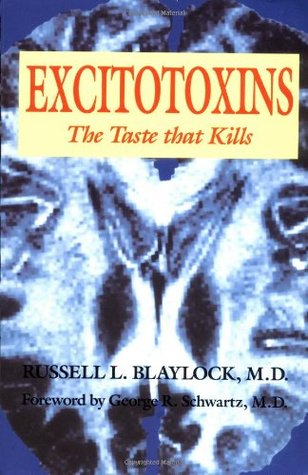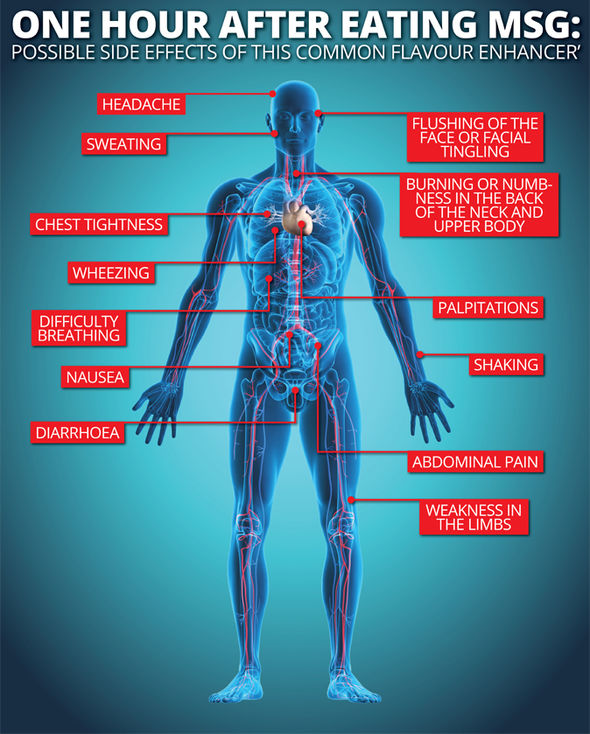
What is MSG?
It is short for monosodium glutamate, which is a common food additive with the e-number E621 that is used to enhance flavour. MSG is derived from amino acid glutamate (or glutamic acid), one of the most ample amino acids in nature.
Chemically, MSG is a white crystalline powder resembling table salt or sugar. When combined with sodium, it is known as sodium salt. Ajinomoto is an example of a MSG-based condiment which can be found on tables around the world.

MSG enhances the savoury, meaty umami flavour of foods. Umami is the fifth basic tastes after sweet, salty, sour and bitter. This food additive is popular in Asian cooking.
Did you know? According to FDA, The average daily intake of MSG is 1.2-1.7g in Japan and Korea compared to only 0.55-0.58g in the US and UK.
Is it harmful?
Glutamic acid acts as an excitatory neurotransmitter in your brain; it stimulates the nerve cells to relay its signal.
There are claims that MSG leads to excessive glutamate content in the brain and thus excessive stimulation of nerve cells. As a result, MSG is labelled as an excitotoxin.
The issue regarding MSG started in 1969, when a study found that injecting large doses of MSG into baby mice lead to harmful neurological effects. From then on, books like “Excitotoxins: The Taste That Kills” by Russell Blayblocks have kept the fear of MSG alive.

While it is true that large doses of MSG can raise the blood levels of glutamate, which then raise the glutamate activity in the brain and cause harm, dietary glutamate have little to no effect on the brain, as it cannot cross the blood brain barrier in large amounts.
Why do I get headaches when I eat food containing MSG?
There is a condition called Chinese restaurant syndrome or MSG symptom complex in which some people experience symptoms within one hour after eating food containing MSG. the symptoms include:
- Headache
- Sweating
- Skin flushing
- Numbness or burning sensation in the mouth/throat
- Nausea
- Fatigue

Though it is unclear why this happens, some researchers speculate large doses (around 3g) of MSG enable trace amounts of glutamic acid to cross the blood brain barrier and interact with neurons, resulting in brain swelling and injury.
Conclusion
MSG is safe in moderate amounts and harmful when taken in megadoses. Nevertheless, FDA states that addition of MSG to food is Generally Recognised as Safe (GRAS).
If you have adverse effects from taking MSG, you should stop eating it. Always read the list of ingredients on food packages before buying. When you are at a restaurant, ask if MSG is added into the food.
References:
- Yeomans MR, Gould NJ, Mobini S, Prescott J. Accepted flavor acceptance and intake facilitated by monosodium glutamate in humans. Physiol Behav. 2008 Mar 18;93(4-5):958-66.
- MSG (Monosodium Glutamate): Good or Bad? | Healthline
- Chinese Restaurant Syndrome | Healthline
- Questions and Answers on Monosodium glutamate (MSG) | FDA
Image credit:
- http://drtaylorwallace.com/wp-content/uploads/2018/09/MSG.jpg
- https://images-na.ssl-images-amazon.com/images/I/81x-8s5W5ZL._SY679_.jpg
- https://images.gr-assets.com/books/1388375712l/259097.jpg
- https://cdn.images.express.co.uk/img/dynamic/11/590x/secondary/Possible-side-effects-of-eating-MSG-543861.jpg








